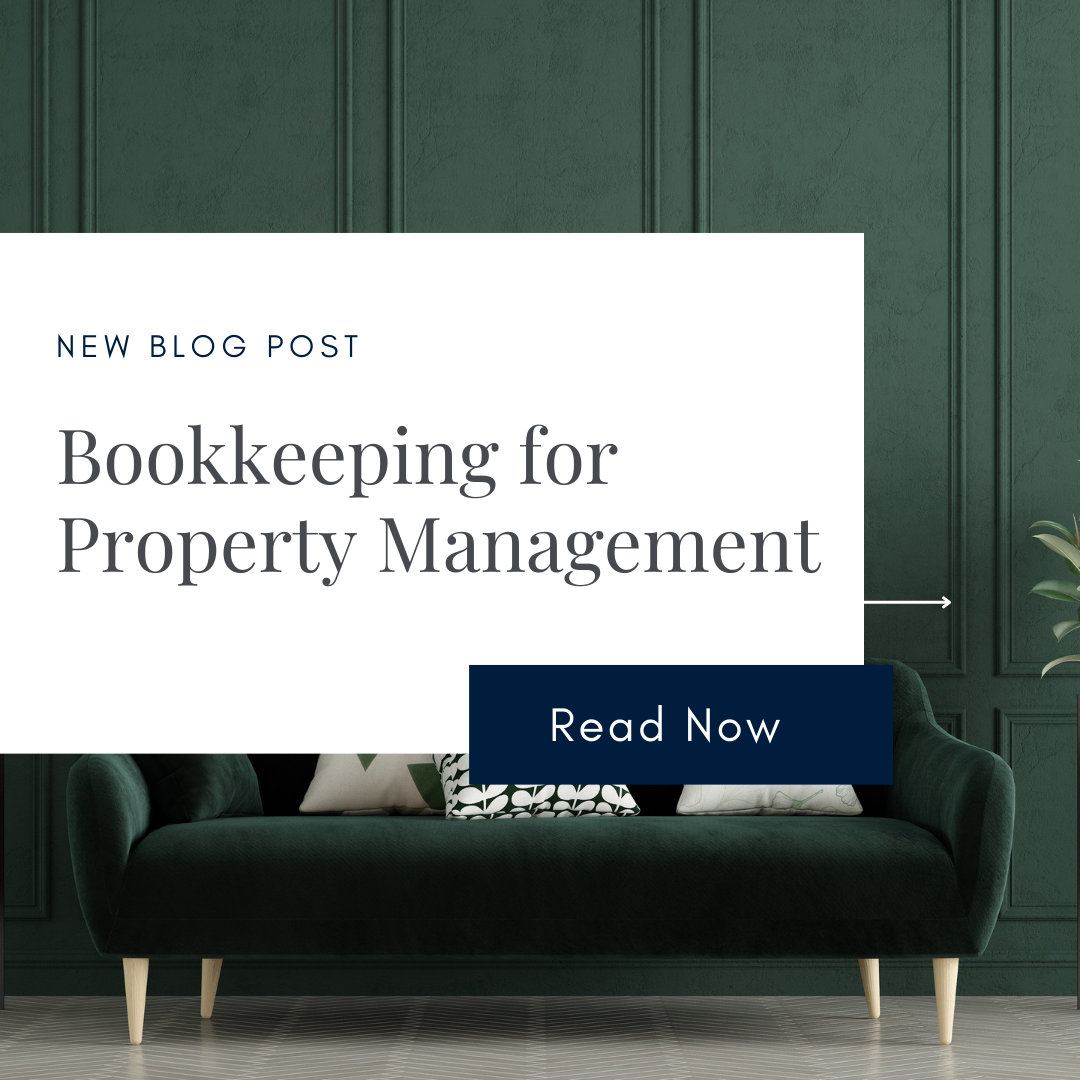Bookkeeping for Property Management
As a property manager, your bookkeeping and tax write-off’s will be industry-specific. Learn the in’s and out’s of some basic bookkeeping knowledge as we break it down here.
Separate Business and personal Accounts
Separate business and personal bank accounts is step one when you start a business. You’re protecting your assets from legal liability. You don’t want to risk losing your personal assets, too. Separate accounts simplifies rental property bookkeeping. All transactions, business expenses, rental cash flow, and online payments take place in a designated account that you can easily track transactions in.
CASH BASIS AND ACCRUAL ACCOUNTING
Cash basis and accrual accounting are the two methods for property management accounting. Cash accounting focuses on immediate recognition, and accrual focuses on anticipated revenue and expenses. When using the accrual method in property accounting, you record income and expenses as they occur. The cash accounting method is most common for small businesses. On site, property managers often use the cash-based accounting system.
Chart of Accounts
Every time you record a rent payment, invoice, an annual billing, or any transaction, it goes into a specific account. The chart of accounts is a list of all the company’s accounts in one place, just like a tax deductions cheat sheet for property management.
Bookkeeping Method
Single entry bookkeeping is the go-to option for a smaller property management accounting system. If the transaction activity is minimal, a single entry approach is sufficient. When using this method, you only record a transaction once. The list of income and expenses has a single row with positive and negative values.
Double entry bookkeeping is more complex. A property management business will record each transaction twice as debits and credits. Every single entry to a specific account needs an opposite yet corresponding entry in a different account. The total amount delivers a balanced outcome.
Invoices and Receipts
Rental property bookkeeping includes managing invoices and receipts. Positive cash flow is very important for a business. Managing invoices and receipts well helps prevent delays and human errors. Just choose a system that works for you and keep things organized.
Reconcile Accounts
A monthly bank reconciliation will keep your rental property bookkeeping system up-to-date. You will be able to catch errors and missing entries or even double entries if using automated systems.
Tax Deductions
One of the best ways to save money with bookkeeping is to track tax write-off’s for your industry. For example, you can deduct expenses for training, business vehicle mileage, and even on bookkeeping services. Here’s a list of expenses (this list is not exhaustive) that you can deduct during tax season:
Cost of repairs
Cleaning supplies
Legal fees
Real estate taxes
Mortgage interest
Advertising
Insurance
Lease cancellation costs
We love supporting business owners and getting industry-specific bookkeeping is key when you outsource your bookkeeping. Get a free estimate here.

